Honestly, he shouldn’t be shocked. It’s impossible to enforce this particular gun control law approved by voters in Washington State, as you’ll soon see. What is surprising to me is the fact that one of the people behind Washington State’s I-1639 apparently has so little interest in how the laws he fought to put in place are being enforced that he was completely oblivious to the fact that one of the ballot initiative’s major components is still inactive four years after the referendum’s passage.
While most of the provisions of I-1639 are on the books (and being challenged in court), one part of I-1639 has yet to be fully enacted; a directive for state officials to figure out how to conduct annual background checks on every current owner of a handgun or semi-automatic rifle in order to make sure they’re still able to legally possess them.
Technically, I suppose the mandate of the referendum has been met. State officials did investigate what it would take to conduct those annual checks, but found out it’s virtually impossible to do without putting even more gun laws in place.
Officials cite a host of barriers to the new law, like the cost of administering it and – more significantly – logistical barriers like the absence of a registry or database that tracks firearms owners. Officials note they wouldn’t be able to access a key background-check database maintained by the Federal Bureau of Investigation that is used whenever individuals purchase a firearm.
In July 2020, the Department of Licensing – which was tasked with developing a “cost-effective and efficient process” to conduct annual checks – concluded that such a program was not feasible under the current system. In an email this month, the office of Gov. Jay Inslee said the Legislature would likely need to weigh in on annual checks on gun owners.
“There is a rationale for being able to determine if a person is disqualified from possessing a firearm after purchase. It’s important,” wrote Inslee spokesperson Mike Faulk in an email. “The issue is that there is not a way to legally conduct the check under our current system.”
“The governor would welcome the opportunity to work with the Legislature to identify a viable path forward to conduct these checks,” Faulk added.
Even if state officials could access the NICS system for these checks, that system doesn’t show what type of firearm someone bought at retail. In order to get that level of specificity, lawmakers would have to impose a gun registration requirement since Washington State doesn’t have any sort of state-level registry in place.
You’d think all of this would be common knowledge for gun control activists, especially those who were behind I-1639, but one organizer was apparently taken aback to learn that this provision still isn’t being enforced.
Paul Kramer, the citizen sponsor of I-1639, said he was “surprised and somewhat disappointed” that annual checks have not been put in place. He wasn’t aware of the failure to implement them, Kramer said, until Crosscut reached out.
“I don’t think that’s an unreasonable thing for us, collectively, to be doing,” said Kramer, whose son was injured in the 2016 shooting at a Mukilteo house party that helped spur I-1639. “I think it moves us toward a safer society, a safer public in general.”
I suppose if you believe that gun control is actually effective at preventing violent crime there’s some logic to the idea. In reality though, California maintains a list of individuals who are prohibited from owning guns but are still believed to possess them, but still have a backlog of more than 26,000 cases. Even if Washington State could get its system up and running, there’s no guarantee that local or state law enforcement resources would be dedicated to taking the guns out of the hands of prohibited possessors.
But that’s largely a moot point, because the folks who’ve been looking at this issue all seem to agree that implementing this particular provision of I-1639 would be cost prohibitive.
In July 2020 – the date by which the new checks should have been developed – the state Department of Licensing instead concluded that there was no “cost effective and efficient” way to handle annual rechecks. It recommended reevaluating when Washington’s new, centralized gun-purchase background system comes online in 2024, according to a copy of its recommendations to the Legislature.
One big logistical reason is because background checks are centered on the purchase of a gun using the applications filled out when buying a firearm. The Department of Licensing keeps some of that information from those applications on file, but neither Washington state nor the federal government keeps actual records on who owns guns.
“If an individual moves out of state, if they pass away, if they no longer have a firearm, we don’t know that, right?” said Beau Perschbacher, legislative and policy director for the department. “And so thinking about a re-check, you’re potentially doing a re-check on someone that doesn’t live here or that’s not alive.”
“You’re talking about millions of records that local law enforcement would have to search, and the cost of that was a major consideration,” he added.
Given the fact that violent crime has increased since the passage of I-1639, I’d say even the portions of the referendum that have gone into effect haven’t had any positive impact. But it’s also worth noting the unfunded mandates and bureaucratic black hole that I-1639 attempted to impose on law enforcement across the state, especially since neighboring Oregon has a ballot initiative of its own coming up this November that promises to do the same.
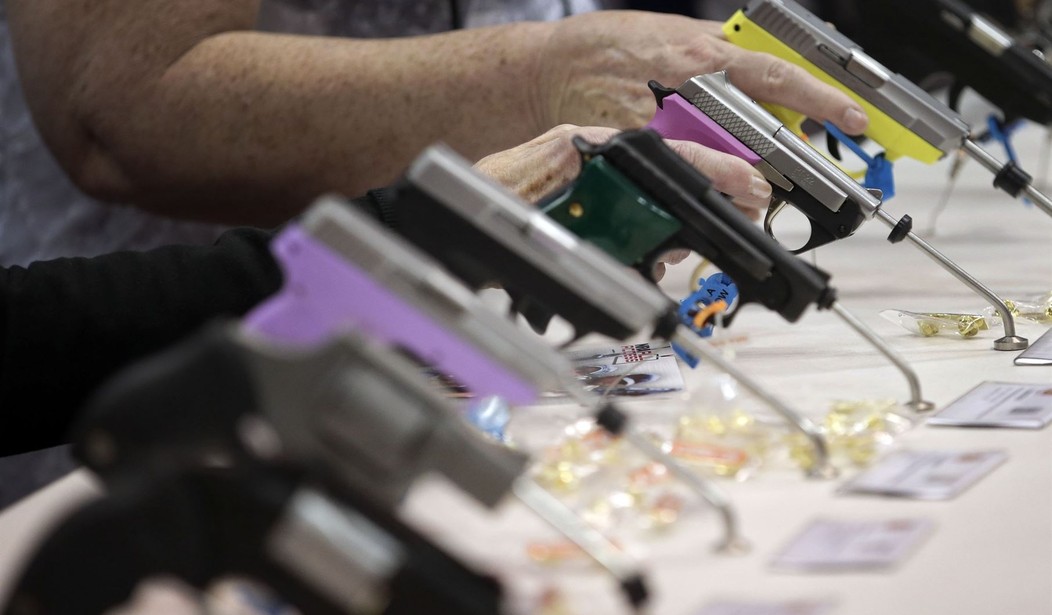


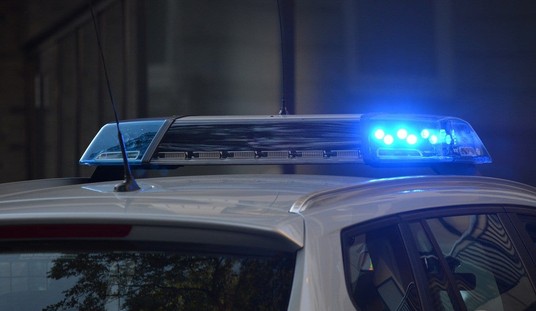
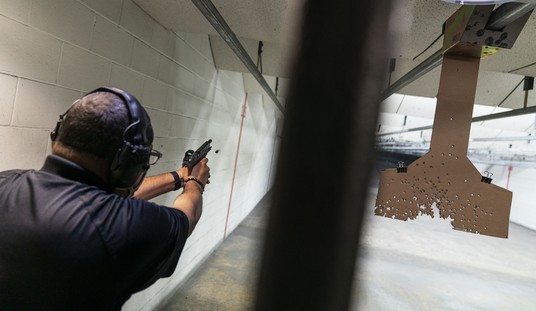
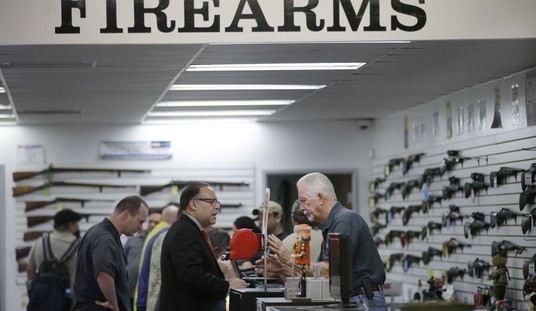

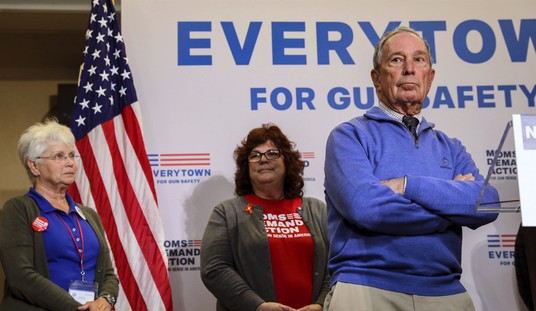

Join the conversation as a VIP Member